The Role of Vitamins in Skin Health
Understanding what vitamins are best for skin health is essential for maintaining vibrant and youthful skin. Key vitamins such as Vitamin A, Vitamin C, Vitamin D, Vitamin E, and Vitamin K are known for their positive effects on skin health. These vitamins contribute to various functions, including the prevention of sun damage, antioxidant protection, collagen formation, and enhancement of healing processes.
The Importance of a Diverse Diet
A diverse diet plays a crucial role in ensuring your skin receives the necessary nutrients. Consuming a variety of foods rich in these vitamins supports overall skin health by providing a balanced intake of nutrients required for cellular repair and protection against environmental stressors. Foods like leafy greens, citrus fruits, nuts, seeds, and fatty fish are excellent sources that contribute to glowing skin.
Synergy Between Vitamins and Other Nutrients
The interplay between vitamins and other nutrients enhances their effectiveness. Nutrients like omega-3 fatty acids, zinc, selenium, and collagen peptides work synergistically with vitamins to promote skin elasticity, reduce inflammation, and protect against UV damage. This combination highlights the importance of skin nutrition and demonstrates how a holistic approach can lead to healthier skin.
By focusing on these essential vitamins and maintaining a varied diet, you can support your skin’s natural beauty and resilience.
1. Vitamin A
Vitamin A benefits are numerous, particularly in the realm of skin health and beauty. This essential nutrient plays a crucial role in skin repair and the prevention of sun damage. By speeding up the healing of wounds and promoting healthy cell production, Vitamin A helps maintain a vibrant and youthful complexion.
The impact of Vitamin A extends to oil gland function and acne management. It regulates sebum production, which helps prevent clogged pores—a common precursor to acne breakouts. For those struggling with acne, incorporating Vitamin A into their skincare routine can be a game-changer.
A varied diet ensures you receive enough Vitamin A from natural sources. Some excellent dietary sources include:
- Carrots
- Sweet potatoes
- Spinach
These foods not only provide Vitamin A but also contribute to overall skin health by delivering additional nutrients that work together with this vitamin.
2. Vitamin C
Vitamin C is known for its powerful antioxidant properties, which are important in fighting skin aging. These antioxidants neutralize free radicals, preventing oxidative stress that causes premature aging.
Another important role of Vitamin C is in collagen formation. Collagen is vital for keeping the skin firm and elastic, reducing the appearance of fine lines and wrinkles. By promoting collagen production, Vitamin C helps maintain a youthful and resilient complexion.
Sources of Vitamin C
There are many dietary options available to get your daily dose of Vitamin C:
- Citrus fruits: Oranges, lemons, and grapefruits
- Berries: Strawberries and raspberries
- Leafy greens: Kale and spinach
Including these foods in your diet can provide the necessary Vitamin C to support healthy, firm skin. By focusing on these nutrient-rich sources, you can enhance your skin’s vitality and maintain its youthful glow.
3. Vitamin D
Vitamin D is unique among vitamins because your body can produce it naturally when your skin is exposed to sunlight. This vitamin is closely connected to sunlight, which is important for the formation of healthy skin cells. If you don’t have enough Vitamin D, you may experience problems like dull or dry skin.
The Role of Vitamin D in Skin Health
In addition to its role in maintaining skin structure, Vitamin D has been associated with the treatment of psoriasis, a chronic skin condition characterized by red, itchy patches. Research suggests that Vitamin D can help regulate skin cell growth and reduce inflammation associated with psoriasis.
Dietary Sources of Vitamin D
If you’re looking for dietary sources of this essential vitamin, here are some options to consider:
- Incorporate fatty fish such as salmon or mackerel into your meals.
- Include fortified foods like milk and cereal in your diet.
By balancing these sources, you can significantly contribute to maintaining optimal levels of Vitamin D, which is beneficial for your skin health.
4. Vitamin E
Vitamin E is known for its protective effects against sun damage and inflammation. This antioxidant plays a crucial role in neutralizing free radicals, reducing the risk of skin damage caused by UV exposure. By protecting your skin cells from oxidative stress, Vitamin E helps maintain a healthier and more resilient complexion.
Another significant benefit of Vitamin E is its ability to retain moisture in the skin. It supports the skin’s natural barrier function, preventing dehydration and keeping your skin supple and hydrated. This makes it an essential component in skincare routines focused on fighting dryness and maintaining smoothness.
You can find rich sources of Vitamin E in everyday foods such as:
- Nuts: Almonds, hazelnuts, and peanuts
- Seeds: Sunflower seeds are particularly high in Vitamin E
- Green leafy vegetables: Spinach and broccoli
Incorporating these foods into your diet can enhance your skin’s appearance while delivering essential nourishment.
5. Vitamin K
Vitamin K is crucial for its healing properties and plays a significant role in blood clotting processes, making it essential for wound healing and recovery. This vitamin supports your body’s ability to manage bruises and helps mitigate dark circles under the eyes, offering a more even skin tone.
Benefits of Vitamin K:
- Blood Clotting and Healing: Assists in the blood clotting mechanism, which is vital for healing cuts and bruises.
- Bruises and Dark Circles: Its ability to improve blood circulation can reduce the appearance of bruises and diminish dark circles.
Dietary Sources of Vitamin K:
Including foods rich in Vitamin K can enhance skin health. Consider adding these to your diet:
- Leafy greens like kale, spinach, and broccoli
- Brussels sprouts
- Green beans
Incorporating these foods not only aids in internal health but also promotes a radiant complexion by leveraging Vitamin K’s unique functions.
Other Nutrients That Benefit Your Skin Health
When considering what vitamins are best for skin health, it is essential to also recognize the significant role other nutrients play in maintaining and improving your skin’s appearance and condition. These elements provide additional benefits that complement the action of vitamins, offering a holistic approach to skincare.
Omega-3 Fatty Acids
- Benefits: Omega-3 fatty acids are known for their anti-inflammatory properties, which can help reduce redness and irritation in the skin. They also support lipid barrier function, leading to improved moisture retention.
- Sources: You can find omega-3s in fatty fish like salmon and mackerel, as well as in flaxseeds and walnuts.
Zinc
- Benefits: Zinc is a mineral that plays a crucial role in acne treatment by regulating oil production and promoting skin healing. Its anti-inflammatory effects help reduce acne-related redness and irritation.
- Sources: Foods rich in zinc include oysters, beef, pumpkin seeds, and lentils.
Selenium
- Benefits: As an antioxidant, selenium helps protect the skin from oxidative stress caused by free radicals. This mineral aids in maintaining skin elasticity and reducing signs of aging.
- Sources: Selenium can be found in foods such as Brazil nuts, eggs, sunflower seeds, and whole grains.
Collagen
- Benefits: Collagen is a protein that provides structure to the skin, enhancing its elasticity and firmness. It supports the repair of damaged skin cells and helps keep the skin youthful.
- Sources: While collagen supplements are popular, you can boost your body’s collagen production with vitamin C-rich foods or consume bone broth directly.
Coenzyme Q10 (CoQ10)
- Benefits: Known for its anti-aging properties, CoQ10 helps neutralize free radicals, reducing fine lines and wrinkles. It supports cellular energy production necessary for maintaining healthy skin cells.
- Sources: CoQ10 is present in organ meats like liver and heart, as well as in oily fish such as sardines.
Integrating these nutrients into your diet alongside key vitamins can lead to substantial improvements in your skin health. The interplay between these components ensures a comprehensive approach to skincare from within.
Supplements vs. Whole Foods: What’s Best for Your Skin?
Choosing between vitamin supplements for skin health and relying on whole foods can be a crucial decision for optimal skin care. Knowing when to consider each option helps tailor your approach to achieving glowing skin.
When to Consider Supplements
- Dietary Deficiencies: If your diet lacks specific vitamins, supplements can fill those gaps. This is particularly useful in cases where allergies or dietary restrictions limit your intake of certain foods.
- Targeted Skin Concerns: Specific skin issues like acne or eczema might benefit from targeted vitamin supplementation, such as Vitamin A or D, which are known to aid these conditions.
- Convenience and Consistency: For individuals with busy lifestyles, supplements provide a quick and easy way to ensure consistent vitamin intake.
Advantages of Whole Foods
- Nutrient Synergy: Whole foods offer a complex mix of nutrients that work together synergistically, enhancing their overall benefits.
- Bioavailability: Vitamins and minerals in whole foods tend to be more easily absorbed by the body compared to synthetic supplements.
- Additional Health Benefits: Whole foods not only provide essential vitamins but also contain fiber, antioxidants, and other compounds that contribute to overall health.
Ultimately, understanding what vitamins are best for skin health and how they fit into your lifestyle can guide you in making an informed choice between supplements and whole foods. Balancing both might offer the most comprehensive benefits for maintaining vibrant skin.

Discover more from NatureZen Market
Subscribe to get the latest posts sent to your email.

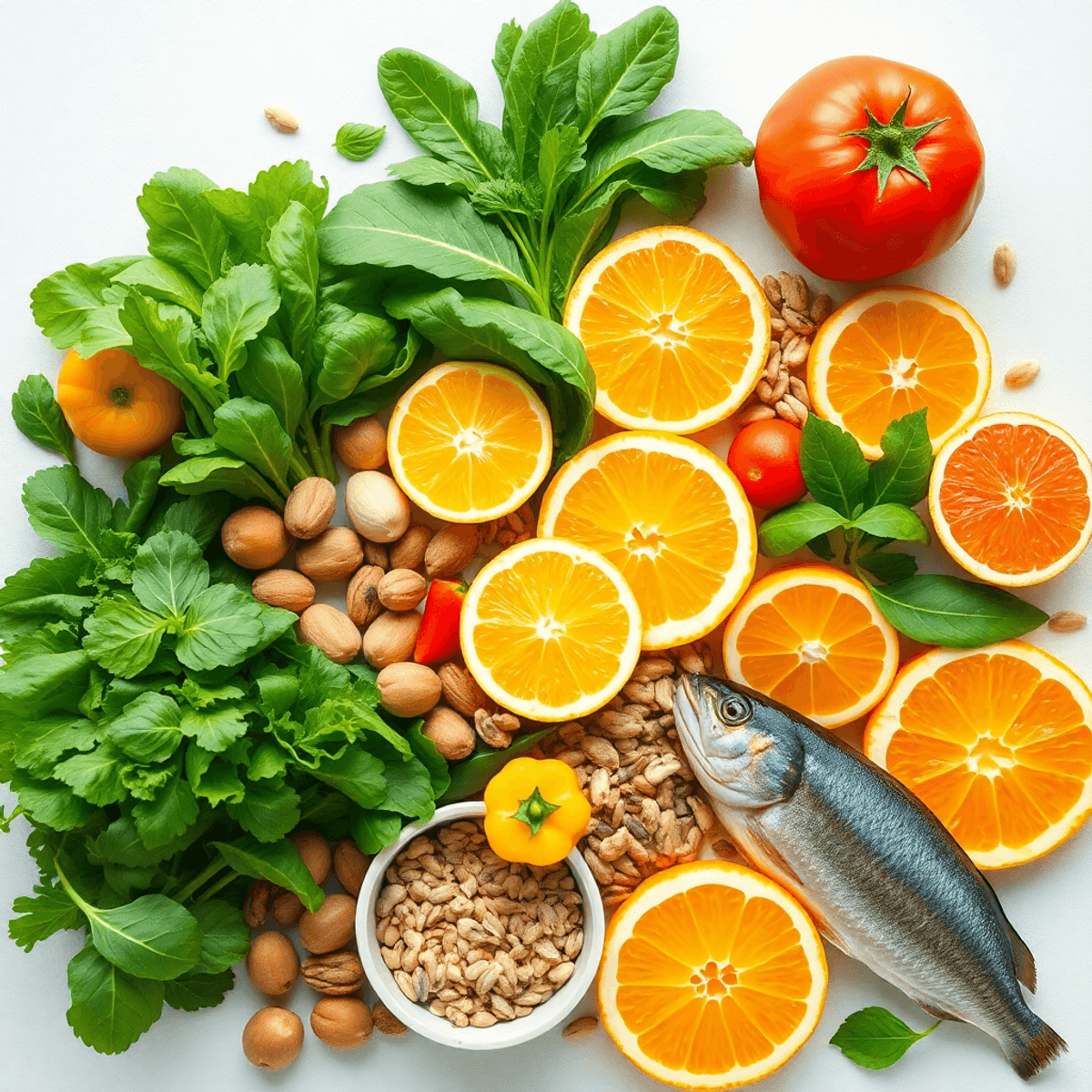

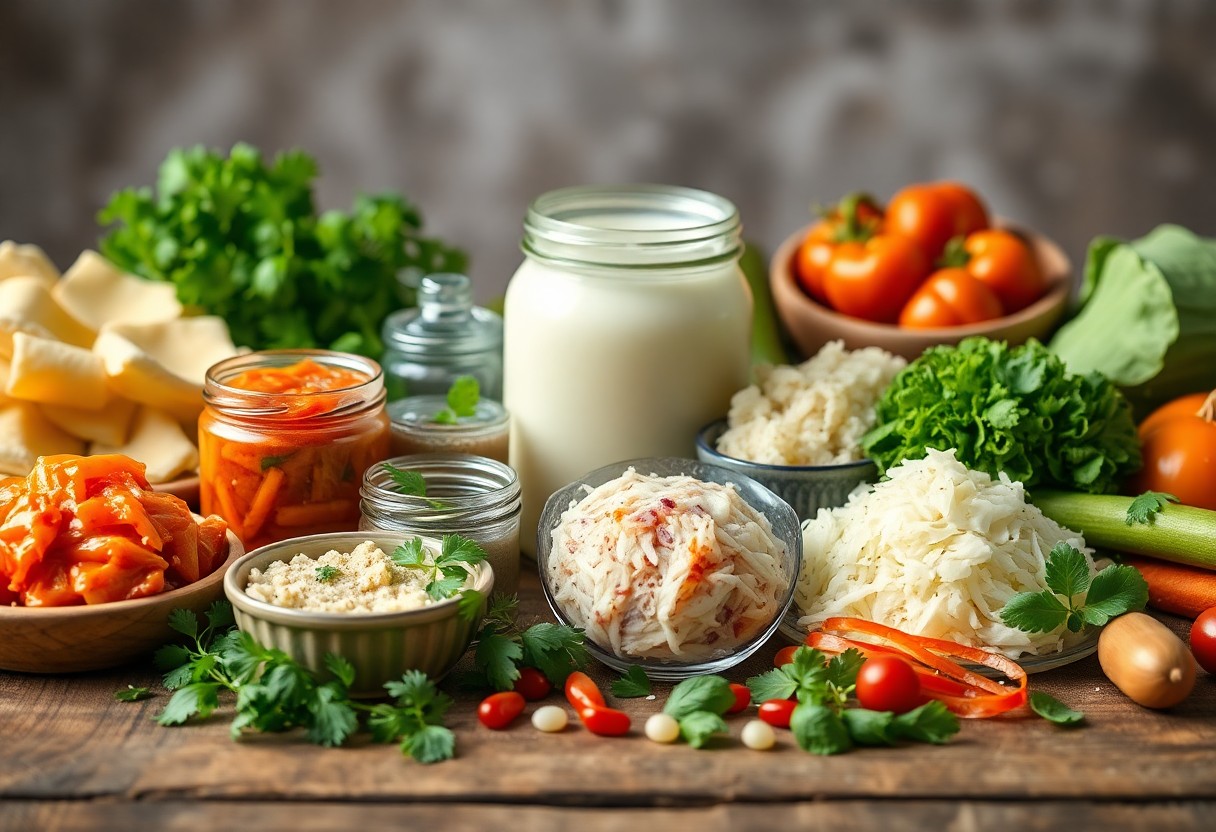


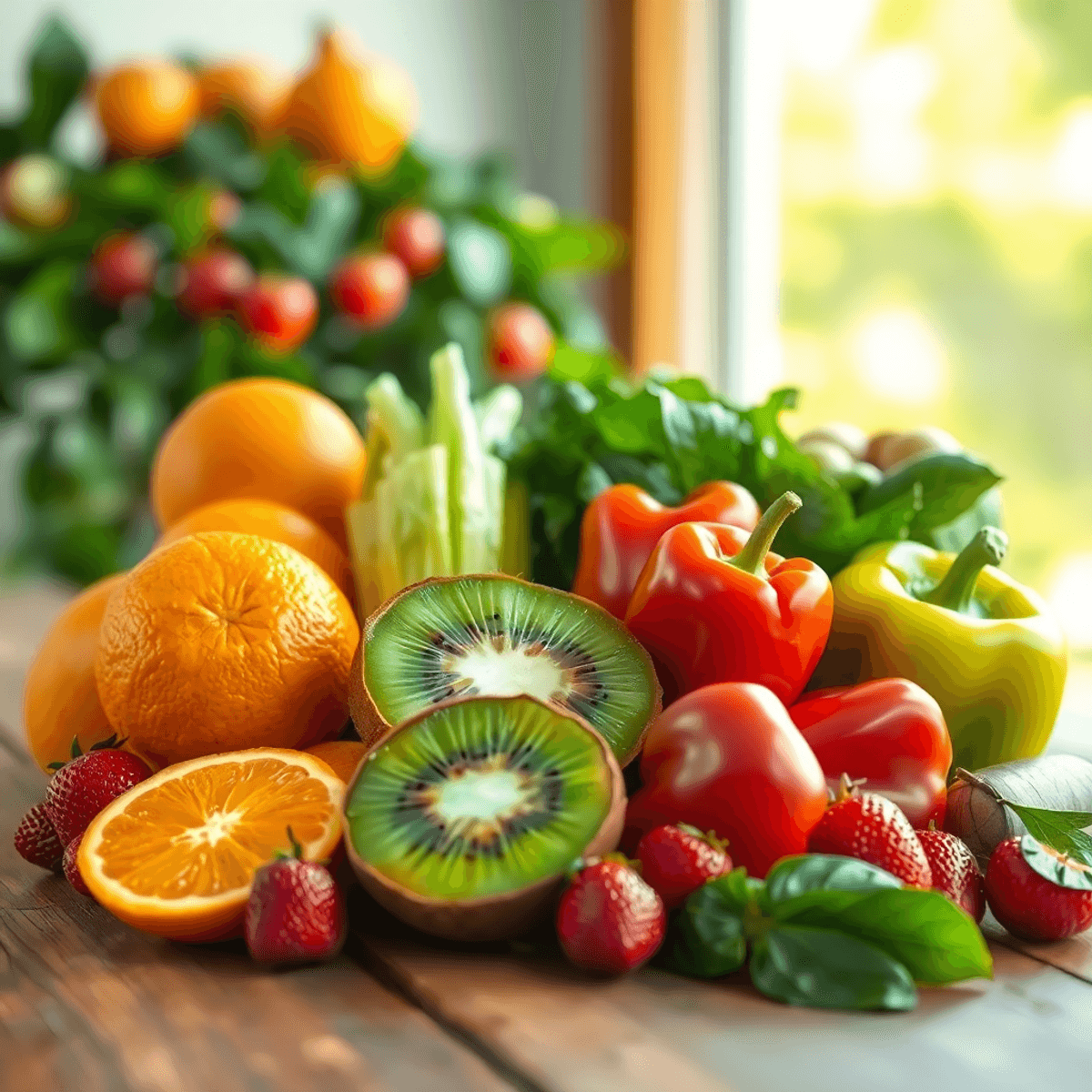
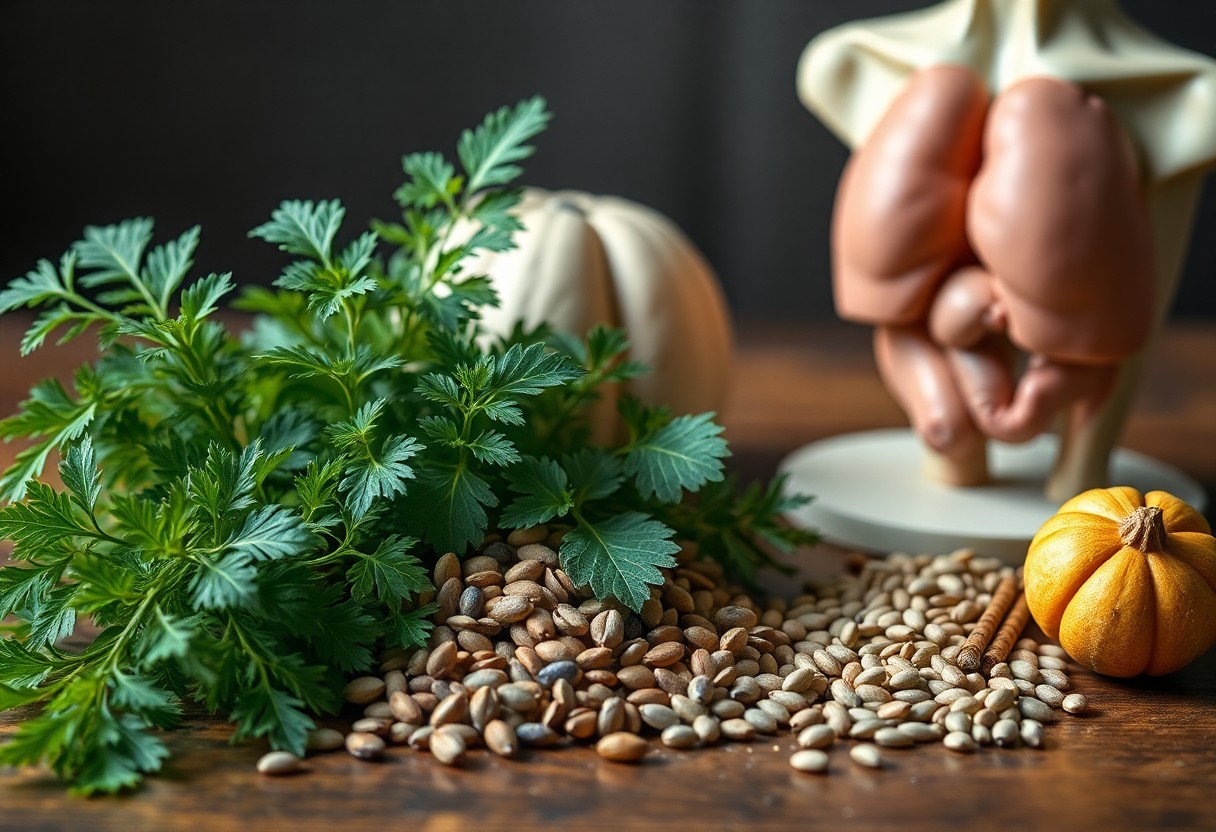

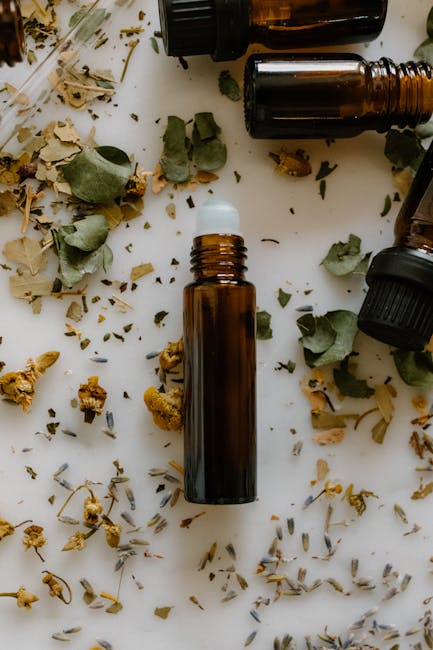


Vitamins is very importent for skin health, like Vitamin C helps skin looking younger and fresh. Eating fruits like oranges and berries are good for the skin! Remember to include leafy veggies too, very crucial.
Vitamin A, C, D, E and K are like the superstars for your skin. They help fight aging and improve healing process. Eating food like fruits and veggies can help you get enough of these vitamins. It is very important!